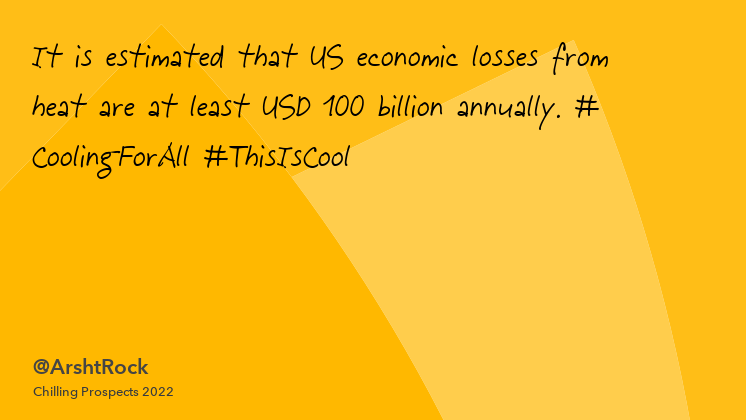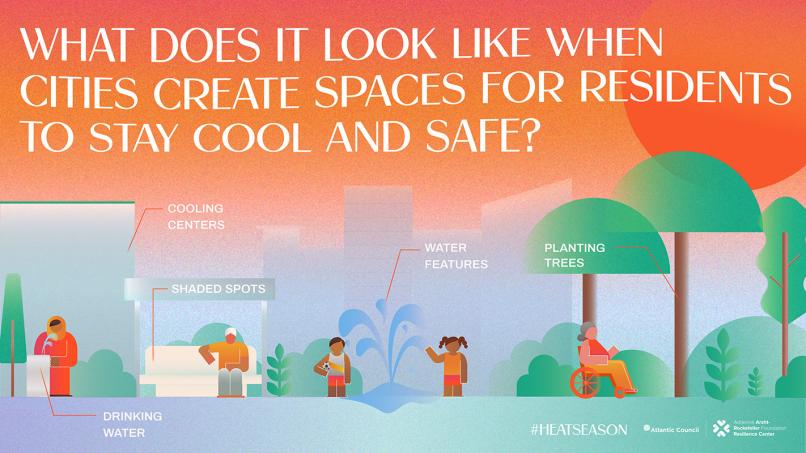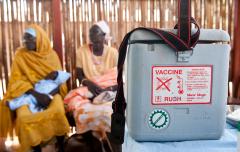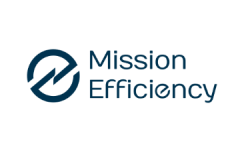Chilling Prospects 2022: Solutions for extreme heat resilience
|
Reflections on five years of the Kigali Amendment by the Adrienne Arsht-Rockefeller Foundation Resilience Center at the Atlantic Council (Arsht-Rock) |
Governments and organizations seeking to protect people from extreme heat face three major challenges. First, there is a wide and potentially lethal gap between public awareness of extreme heat risk and the real danger posed by it. Second, extreme heat is a multi-disciplinary threat that requires broad expertise in our response to it. Third, the responsibility for extreme heat response efforts is often spread across many agencies with little or no central coordination.
Since 2019, Arsht-Rock has emerged as one of the central actors tackling these challenges, alongside a diverse number of experts and partners. Arsht-Rock is working to raise awareness of the dangers of extreme heat, break down silos between government agencies and mainstream heat into local and national policy, implement heat-risk reduction and preparedness solutions, and advance tools to finance and transfer the risk of heat resilience – all with a focus on the most vulnerable populations.








